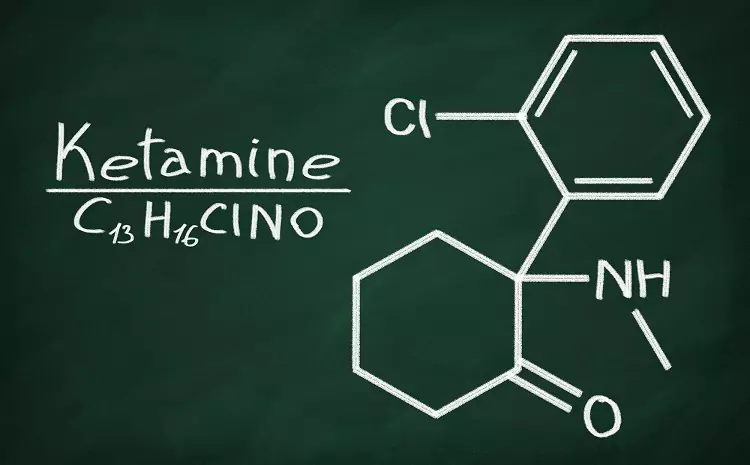In a world where opioid overdoses are at an all-time high, the search for effective treatments for addiction has intensified. Ketamine is an anesthetic that has long been used for pain relief and as a tranquilizer.
It is also now being explored for its potential in treating various mental health disorders. These even includes addiction.
This quest is more than just a passing trend. It’s a reflection of a growing body of research that suggests ketamine therapy for addiction is promising. Read on.
Ketamine: Beyond Anesthesia
Ketamine is a dissociative anesthetic. It has also found its niche in party culture as ‘Special K’ before being adopted for its more life-affirming role in:
- pain management
- mental health
Traditionally, ketamine has been used to induce and maintain sedation. However, the paradigm has shifted as researchers uncover its potential in treating psychiatric disorders and addiction.
Neuroscientists believe that ketamine’s power lies in its ability to manipulate the brain’s pathways. This is particularly the glutamatergic system, which is linked to mood and reward.
Rather than acting simply as a pain killer or tranquilizer, ketamine works as a rapid-acting anti-depressant and neuro-regenerative agent. This rewires neural circuits that may be linked to addictive behaviors.
The Science of Rewiring Neural Circuits
Addiction is now seen as a complex brain disorder. It is characterized by compulsive drug seeking and use despite harmful consequences. It involves the hijacking of the brain’s natural reward pathways.
This drives repetitive behavior that reinforces the addiction cycle. Ketamine may offer a path to breaking this cycle. Studies have suggested that ketamine prompts the regrowth of synapses.
These are the connections between nerve cells that enable them to communicate. By encouraging this neural plasticity, the drug could help overwrite the pathological patterns associated with addiction.
Ketamine as a Treatment for Psychological Dependence
The psychological component of addiction is as formidable as the physical dependence. Patients often struggle with:
- depression
- anxiety
- trauma
This is the emotional scaffolding of addictive behaviors. Here, ketamine’s rapid anti-depressant effect becomes a beacon of hope for swift relief. This is especially from the psychological barriers to recovery.
There is growing evidence that ketamine therapy can alleviate the symptoms of co-occurring mood disorders. This paves the way for effective rehabilitation. Patients can engage more successfully in the therapeutic process.
Ketamine therapy for addiction and substance abuse is very helpful. However, make sure to consult a doctor to learn more about what disqualifies you from ketamine therapy.
Factors to Consider in Ketamine Therapy
Several factors must be carefully considered before undergoing this type of therapy. Here are some of those.
Firstly, a thorough evaluation of a patient’s medical history and mental health is necessary which can be done by reaching out to platforms like https://serenitymentalhealthcenters.com/. This is to ensure that ketamine therapy is a safe and appropriate treatment option.
Next, the dosage and frequency of ketamine administration must be carefully calibrated. This is to maximize its effectiveness and minimize potential side effects.
The setting and approach of the therapist also play a crucial role in success. It also includes the cost of ketamine therapy. This is because the cheapest ketamine therapy is not that effective.
Consider Ketamine Therapy for Addiction
In conclusion, the science behind ketamine therapy for addiction treatment is still in its early stages. However, the results so far are promising. More research and studies are needed to fully understand its potential as a treatment for addiction.
Nevertheless, it is worth considering as an option and consulting with a medical professional. Take the first step towards a healthier future. Learn more about ketamine therapy today.
If you want to read more articles, visit our blog.

Mark Thompson, a seasoned pest controller, is renowned for his expertise in keeping homes and businesses free from unwanted intruders. With a passion for environmental sustainability and a deep understanding of pest behavior, Mark has become a trusted authority in the industry.
